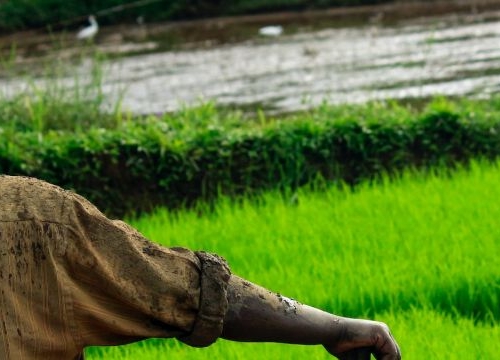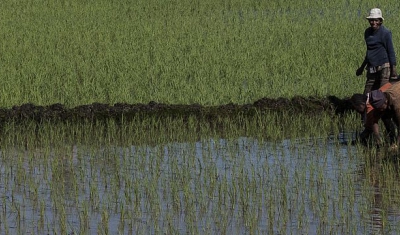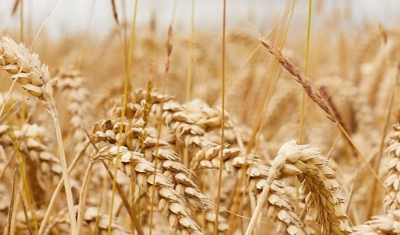The Implementation of the UN Declaration on the Rights of Peasants as a Leverage to Promote the Realization of the Right to Water: Experiences and Challenges
Event


Nandhu Kumar, Unsplash
The right to water is a vital element for the realization of peasants’ rights, as water is one of the main means of production for peasant agriculture. And vice-versa, peasants’ rights are key for the realization of the right to water in rural areas, as peasants have longstanding knowledge and practices for the sustainable and equitable use of water.
Article 21 of the United Nations (UN) Declaration on the rights of peasants and other people working in rural areas (UNDROP) enshrines the right to water for this particularly vulnerable population; an important step forward in legal terms, According to this article, the right to water is a human right ‘essential for the full enjoyment of life and all human rights and human dignity’. The main innovation in article 21 has been the consecration of the right to water for food production, including for fishing, livestock keeping and to securing other water-related livelihoods. In fact, the lack of access to water often prevents peasants and other people working in rural areas from producing enough food, from meeting vital needs, thus leading to different kinds of socio-environmental challenges and human rights violations.
In the framework of the current multidimensional crisis and the striking environmental crisis affecting our societies, access to water is becoming more and more challenging for rural workers and people. In this sense, we need to rethink the social and environmental relations that rule the management of water sources. It is precisely here that the UNDROP can play a leading role, in the sense that it indeed represents a concrete and effective leverage for peasants and other people working in rural areas to realize and foster respect for their human right to water.
Objective of the Event
This side event during the 2022 Social Forum – co-organized with the Permanent Mission of the Plurinational State of Bolivia, La Via Campesina, CETIM, FIAN International and the South Centre – aims at:
- Debating and analyzing with member and observer states of the UN Human Rights Council, UN Human Rights protection mechanisms, right holders, experts, as well as civil society organizations and social movements, the linkages between UNDROP and the human right to water
- Hearing from the people directly concerned (peasants and other people working in rural areas) about concrete examples of how UNDROP can strengthen the realization of the right to water
- Debating how the right to water is intrinsically linked to peasants’ rights and sustainable food systems.
Moderation
- Maira Macdonal, Ambassador, Permanent Representative of the Permanent Mission of the Plurinational State of Bolivia to the UN in Geneva
Panelists
- Freddy Mamani Machaca, Chair, FILAC's Board of Directors
- Ahmed Ihab Abdelahad Gamaleldin, Ambassador, Permanent Representative of the Permanent Mission of Egypt to the UN in Geneva
- Pedro Arrojo-Agudo, UN Special Rapporteur on the human rights to safe drinking water and sanitation
- Morgan Ody, General Coordinator, La Via Campesina
Interpretation
Interpretation Spanish – English will be provided.





